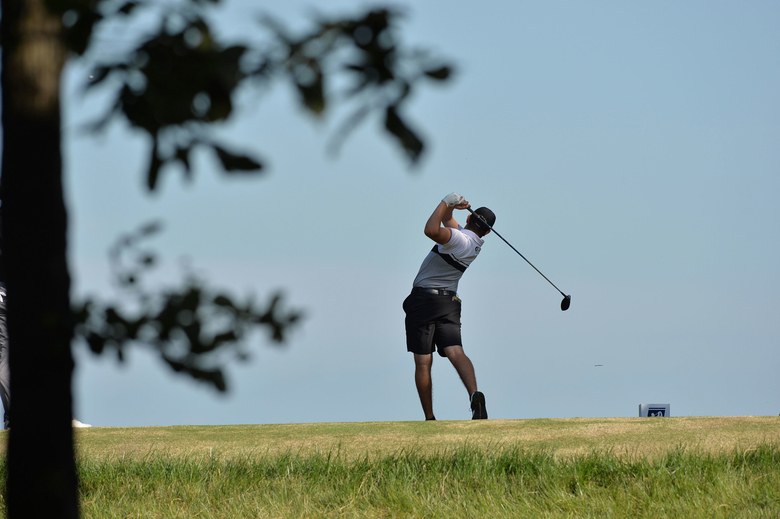Walt Beazley
By Ryan Herrington
Here is what you won’t see in the wake of the new California law allowing college athletes who attend public and private schools in the state to profit from the use of their name, image and likeness: A parade of high school golfers being wooed to come to State U. by the potential to sign a five- or six-figure endorsement with a car dealership. In this instance, the laws of capitalism will have more sway than those of any state government.
What you will see, though, is unclear. The real-world implications of the Fair Pay to Play Act (SB-206), set to go into effect in 2023, have been a much-debated topic since the California legislature took up the bill earlier this year and approved it last month before Gov. Gavin Newsom signed it on Monday.
The general belief is that the biggest impact will be seen among those competing in high-profile college sports such as football and basketball. Even there, what comes next is hardly a given. Will other state follow California’s lead and pass similar legislation? What is the worth of a top college athlete in terms of endorsement dollars? How many companies are willing to invest in them? And how many athletes stand to benefit from the opportunity?
The application of the law for college golfers is similarly hard to game out. Players of the talent of Collin Morikawa or Brandon Wu, recent graduates of Cal-Berkeley and Stanford, would seemingly have been able to attract interest from businesses in and out of the golf industry while going to school at their California colleges. But nongolf companies would be unlikely to spend significant marketing dollars on collegians whose exposure to the public is limited. Where college golfers are more likely to be able to profit is by being compensated for participating in summer golf clinics or small deals with golf equipment or apparel manufacturers.
Much of the media attention since the bill’s Monday signing has focused on how the California law runs counter to current NCAA rules that prohibit accepting endorsement income or signing with agents. College administrators have warned that California schools might be deemed ineligible to compete in NCAA championships. Though some pundits hail the bill as a long-overdue measure of fairness for student-athletes, others say it’s a large step toward the destruction of college athletics.
Less discussed but no less relevant for the sport of golf, though, is how the law will apply to college players in relation to the USGA and R&A’s Rules of Amateur Status. And, unfortunately, this is also not entirely evident.
Golf’s Amateur Status rules prohibit amateur golfers from receiving payment or compensation, directly or indirectly, for promoting or selling anything based off their golf skill or reputation. The rules also keep amateur golfers from using their name or likeness for promotion, advertising or sale of anything, even if no payment or compensation is provided. Violation of these rules are grounds for golfers to lose their amateur status.
The language of the California bill specifically targets “postsecondary educational institutions” from limiting student-athletes’ ability to profit from using the name, image and likeness. It does not reference anything about sport’s governing bodies. The California bill also is meant to give student-athletes the same rights as any other student at a university. Because the Rules of Amateur Status universally apply to all amateur golfers, the USGA and R&A would seem to have less concerns over legal challenges.
Even so, USGA officials are being cautious as to interpret the bill’s potential impact in a statement on the new law:
“While we’re watching what is happening in California and various states, it’s simply too premature to contemplate all the ways this might affect the golf community in the future. We’re thankful for the working relationship we share with the NCAA and the ability to continue an open dialogue through this process.”
One thing working in favour of the USGA and R&A on the matter is that the Rules of Golf don’t prohibit golfers from making money—they simply have to play as professionals. But if student-athletes want to take advantage of the new law, and NCAA rules are adjusted to allow this to happen, those who play college golf will have to be cognizant that what they are doing might be OK to keep your college eligibility but not necessarily your amateur status.









